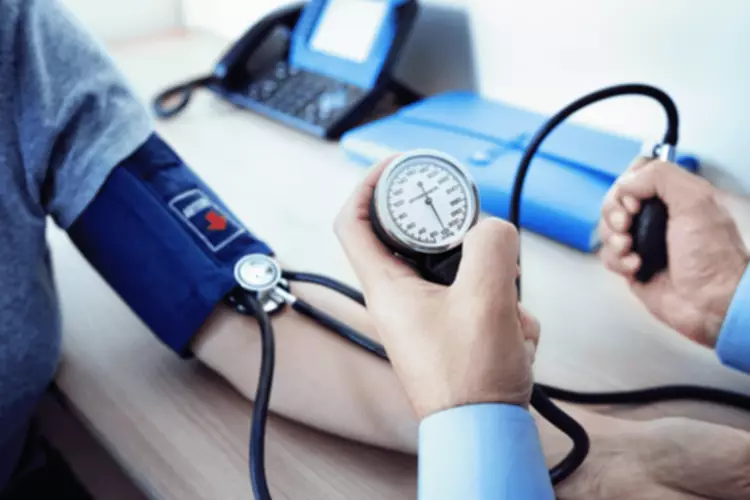
Chronic alcohol use can decrease warfarin metabolism or deplete vitamin K, shifting coagulation levels unpredictably. Acute, heavy drinking may increase warfarin’s blood-thinning effect, heightening bleeding risk. If you’re on warfarin, blood thinners and alcohol you should keep your alcohol consumption consistent and minimal, and closely monitor your INR (International Normalized Ratio) levels.
Can people drink alcohol while taking blood thinners?

It also changes their physical makeup, making them less sticky and therefore less able to stick together Drug rehabilitation and form a clot. This article discusses the effects that alcohol has on the blood in both the short and long term. Aftercare programs are crucial in providing continued support and resources to individuals following the initial treatment phase.

Top doctors in ,

If you’ve been diagnosed with an abnormal heart rhythm, such as atrial fibrillation or afib, your doctor may recommend taking blood thinners, also called anticoagulants. These medications reduce the blood’s ability to clot, lowering your risk of stroke. But, depending on the medication you take and the amount of alcohol you drink, the combination could lead to dangerous interactions. “A drink every now and then is okay with some medications,” said Georgina Rubal-Peace, director of the medication use policy for Banner Population Health Pharmacy Solutions. But when you’re taking certain medications —including over-the-counter drugs and supplements — you’ll want to abstain from alcoholic beverages to avoid dangerous side effects. If you take blood thinners and wish to consume alcohol, speak to your healthcare provider first.
Common Blood Thinner Medications

Not all medicines that prevent blood clots are suitable for everyone. Having a drink or two every once in a while may be fine when you’re on blood thinners — just be sure to talk to your doctor. If you’re a regular drinker, you may need to get your medication levels checked more often. Short-term effects occur because of how alcohol impacts receptors in the blood. Specific blood vessels near the heart rely on receptors to keep blood pressure at a healthy level. When alcohol is in the blood, these receptors do not function as they should.
- Occasional, moderate consumption might be permissible under careful medical advice, but any signs of unusual bruising or bleeding should be reported to a healthcare provider immediately.
- Alcohol, in particular, may cause adverse effects by compounding the blood-thinning effect or impacting the absorption and metabolism of these drugs.
- Moderate alcohol use is generally safe while taking most blood thinners.
- The short-term effects of drinking beer can be quite pronounced, starting with an increase in blood pressure due to receptor dysfunction and the release of cortisol.
- There’s more than one kind of blood thinner, and they work in different pathways within the body.
- Alcohol can increase your risk of stomach bleeding caused by aspirin and other NSAIDs.
Within the last few years, a new class of blood thinners was developed. They offer a number of benefits over warfarin, but they do have some disadvantages. Speak with a healthcare professional about the benefits and risks.
Is this a short-term effect?
The different risks that are present will vary based on each individual, and someone who has not spoken with their doctor can have risks they don’t know about. Blood thinners can be dangerous by themselves as well, making it essential to seek medical advice when symptoms or potential concerns arise. The effects of aspirin are increased by alcohol, making it more likely for the effects to reach a toxic level. Aspirin can also increase the risk of internal bleeding when taken with alcohol. Alcohol use should be limited while taking aspirin, particularly in the two hours before or after using it.
- As females retain more alcohol in the bloodstream than males, they are at higher risk of developing problems from combining alcohol with medications.
- Another reason for the increase in blood pressure and heart rate is how alcohol affects hormones, specifically the stress hormone known as cortisol.
- If you drink alcohol frequently or drink large quantities, or if you have liver disease, let your prescriber know before treatment starts.

Leave A Comment